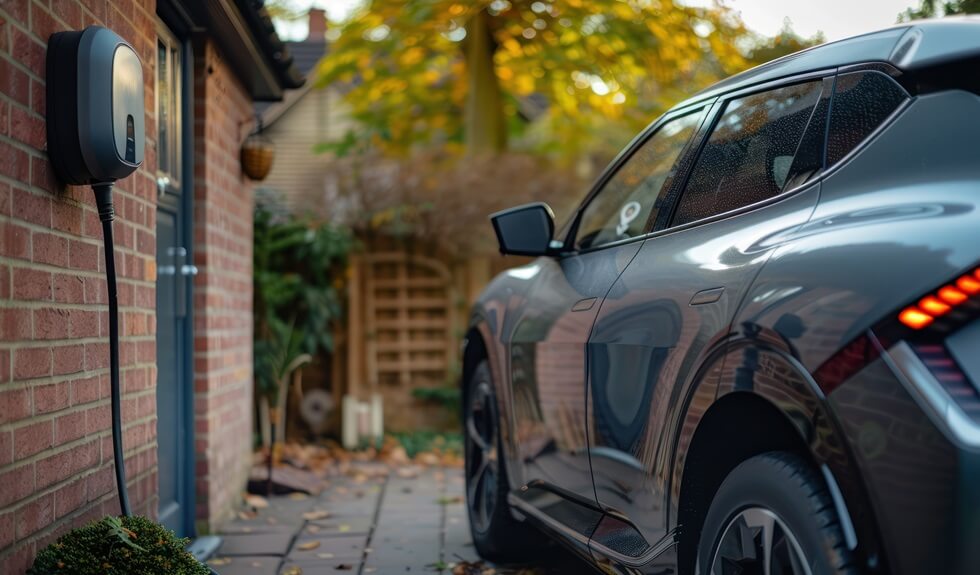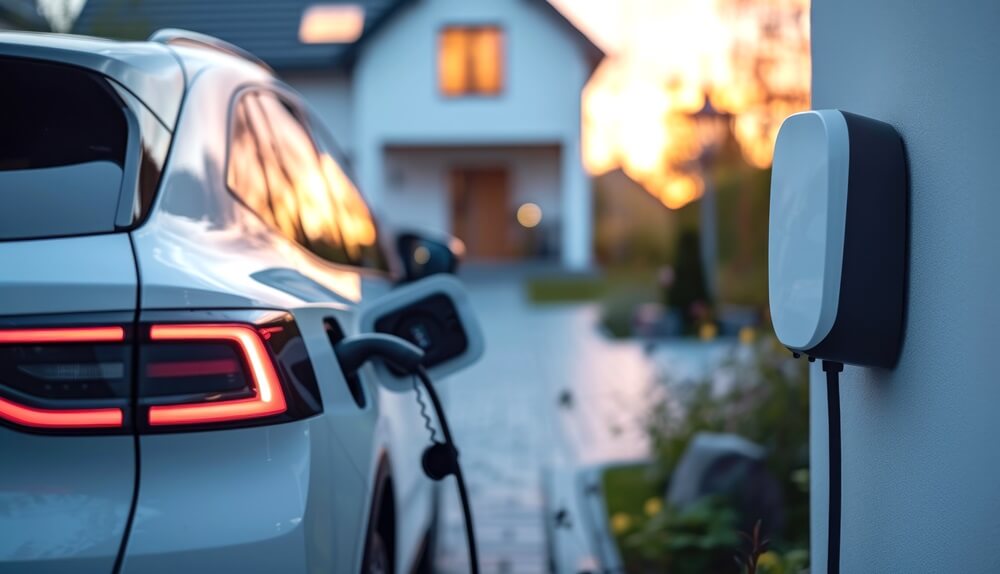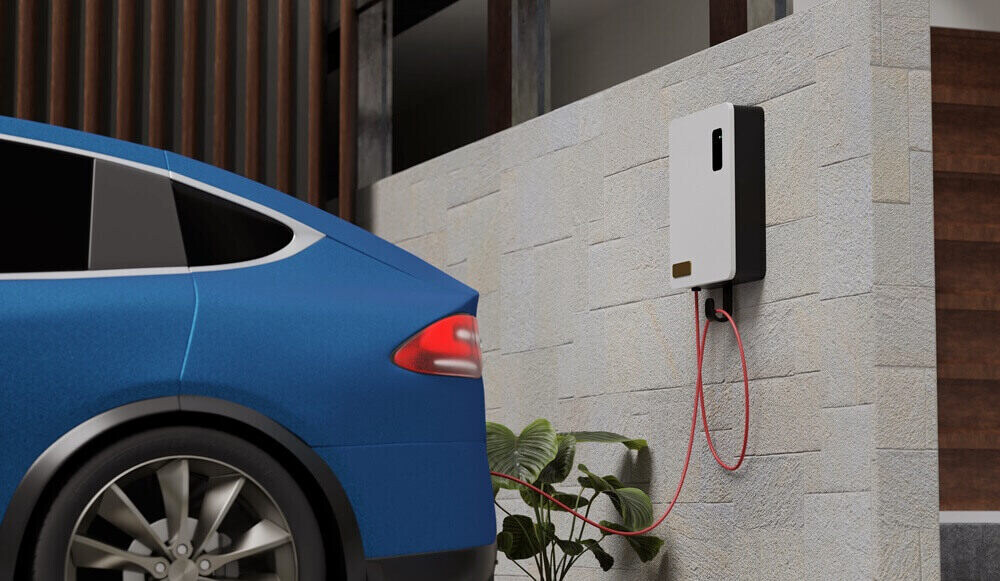
If you have an electric vehicle (EV) and are looking at charging options, you probably have questions. Many people want to know if an EV charger installation is expensive, if their home works for an EV charging station, or if it is more efficient than charging at a public station.
These are valid questions to ask if you’re considering installing an EV charger. The answers will vary for each home. However, understanding what goes into an installation can help you determine if having an EV charger fits into your overall energy goals and budget. Here are some of the top facts you need to know.
Cost by Charger Type
Charger type is one of the biggest cost factors. EV chargers are currently available in three types:
Level 1
Most people who buy an electric vehicle will already have a Level 1 charger because it’s often included with the car. You can plug this type of charger into existing 120v outlets — which means the cost to own might be as simple as adding an additional outlet to your garage or near your parking space. If you already have an outlet in or near the garage, great! That’s all you need. If you don’t drive much, own a car with a shorter range, or don’t have to worry about how long charging takes, a Level 1 charger can be a solid and affordable option.
The time it takes to charge a car depends on its range. Higher-range cars can take about 40 hours for a full charge, but with the tradeoff that Level 1 chargers tend to be the most inexpensive option. (And again, if you already have a garage outlet, you won’t need to pay anything for installation!)

Level 2
Level 2 chargers are some of the more common ones and require a dedicated installation. They need a 240v circuit, similar to one used by a washer or dryer in the US, plus the cost of the charger, so plan on around $1,500 for your Level 2 installation. Uprise Solar only supplies Level 2 chargers from brands we trust.
Level 3
Level 3 chargers, mostly seen in commercial use, are the most expensive of the bunch. They can charge a car in as little as 30 minutes. Their speed comes with a corresponding price tag: often $10,000 or more. Because they require industrial-grade electricity connections, Level 3 chargers are not typically a residential option.
No matter which charger you choose, expect to pay for the hardware as well as the installation. Hardware costs vary depending on the charger level. The final tally will come down to your home’s unique layout and the type of charger. The upgrade can be as cheap as $1,500.
Is a Home EV Charger Worth It?
In the end, the question of whether having an EV charger at home is worth it comes down to your budget, your driving habits, and your convenience tolerance. What we know for sure:
- It’s less expensive to drive on electricity than gas — usually about $3 to $6 per 200 miles versus $20 to $25.
- Charging at home can be a lot more cost-effective than charging at a public space.
- Tax incentives such as the Alternative Fuel Vehicle Refueling Property Credit make EV charger installations more affordable.
- If you want to sell your home, an installed EV charger can increase value.
- It’s a lot more convenient to charge your car at home instead of sitting in public waiting.

Explore Home EV Charger Installations With The Pros
If you’re considering a home EV charger installation, factor in not only the cost but also the efficiency of the system and how it can impact your life, and your role in the environment. Our experts at Uprise will gladly walk you through your options for EV chargers and help you understand costs. Contact Uprise to schedule an appointment for a custom EV charger quote.
